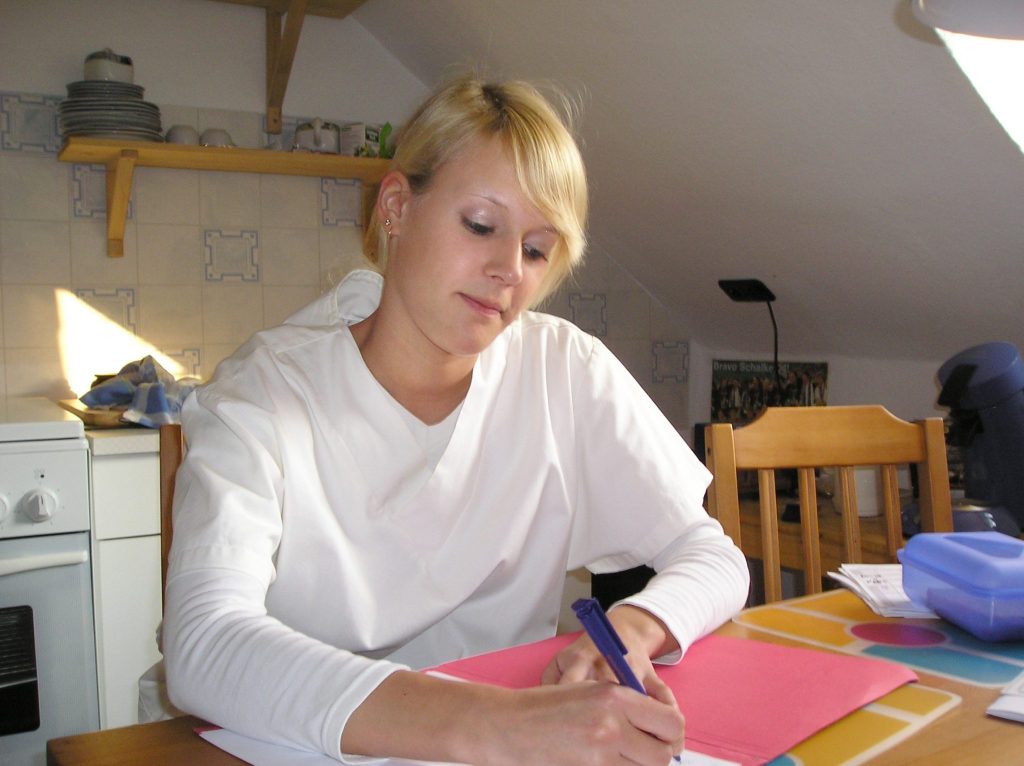Why being an effective key person is important
The key person is at the heart of the early years foundation stage and is a statutory requirement. Many theorists have completed research into the importance of the key person, and the results all show how necessary it is for children to have an attachment figure. The key person can be anyone within an early years setting who works with the children; there is no minimum qualification or amount of hours that must be worked for you to be a key person. A key person is responsible for building a relationship with each key child, promoting all seven areas of the EYFS, tracking the child’s learning and development and for building relationships with the parents. It is crucial the key person plays an active role in the child’s development and care while in the setting. It is the key persons job to know the child inside and out and to work carefully with the parents to ensure there is a shared level of expectation. Where there are other agencies involved it is the key persons responsibility to work with other professionals to achieve the best possible outcome for the child. Follow these five tips to be the most effective key person you can be or visit this page to find out more on the key person.
Top tips to being an effective key person
- Good communication skills – This includes written and verbal. Communication is key when building relationships, sharing expectations, discussing concerns or achievements, dealing with things in a sensitive way and recording all the necessary development tracking
- Know the EYFS – as a practitioner and as a key person you need to know the EYFS inside out and back to front. This enables you to know each key child, plan appropriate and effective activities that will challenge the child. It will enable you to inform the parents about concerns that you may have.
- Be passionate – This sounds simple yet too many practitioners find themselves stuck in a rut and unable to truly connect with the children and parents. Show passion in everything you do especially when discussing a child learning and development with their parents. Remember that child is their most precious gift and they are trusting you to look after their child. Be passionate when thinking of activities to plan and when interacting with the child.
- Time – Give as much time as you can to your key children and their parents. Again this can be difficult when working in a busy environment with lots of responsibilities, but it is dedicating your time to the children and parents that will build relationships. Time will allow you to know your key children and what the parents expect from you. In the early stages it is, this time, that will help settle a child into a new setting, allowing them to feel confident enough to begin exploring and learning
- Be confident – Be confident in yourself when meeting new parents and children and settling them into the session. Be confident that you know that child well and can complete all development tracking records. Be confident in dealing with concerns and promote development through well-planned activities.
Please follow Early Years Careers on Facebook.

